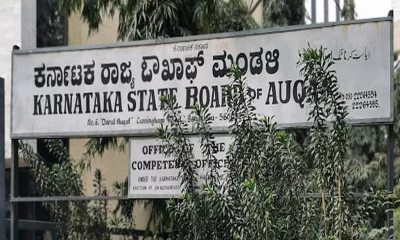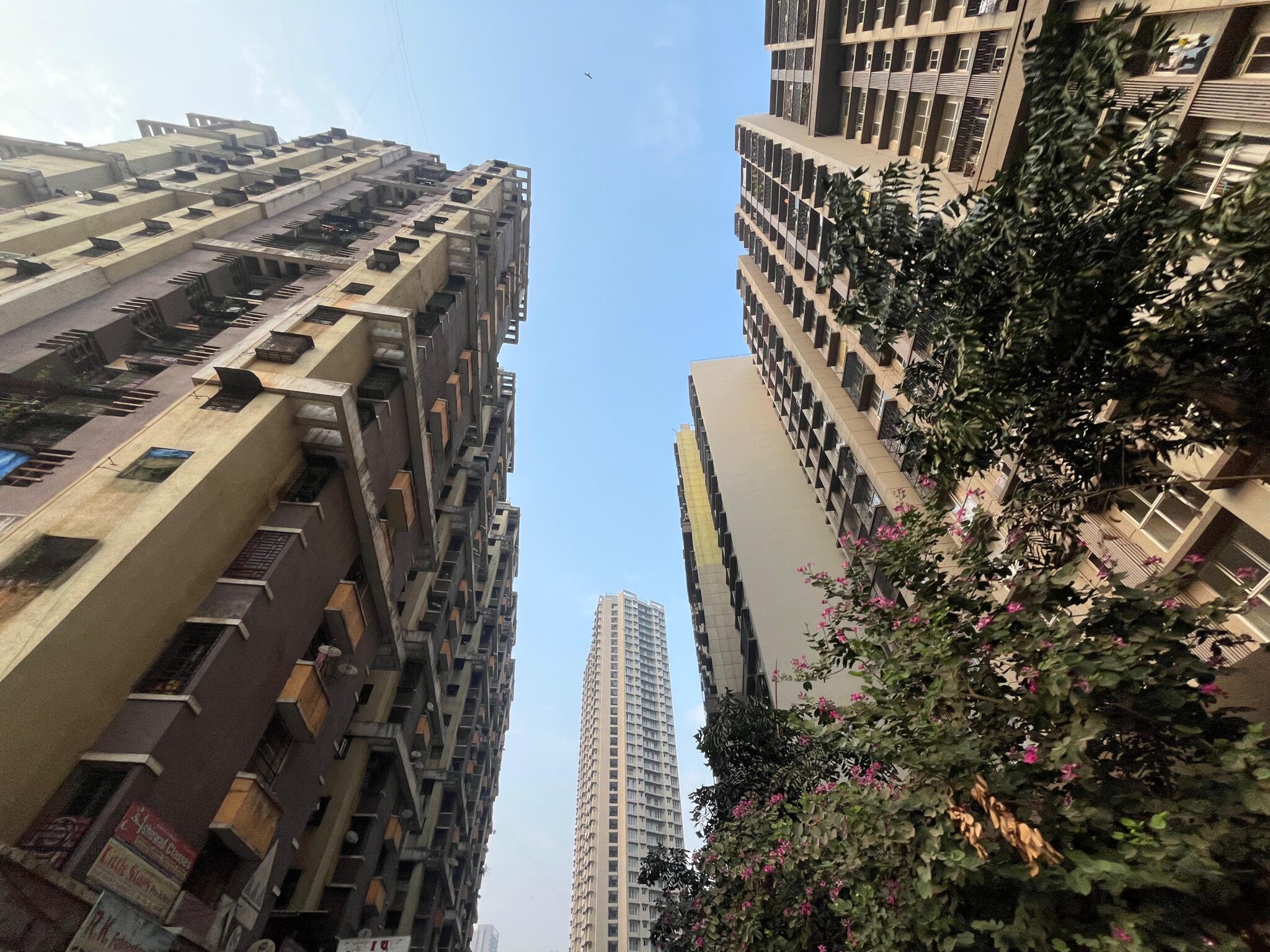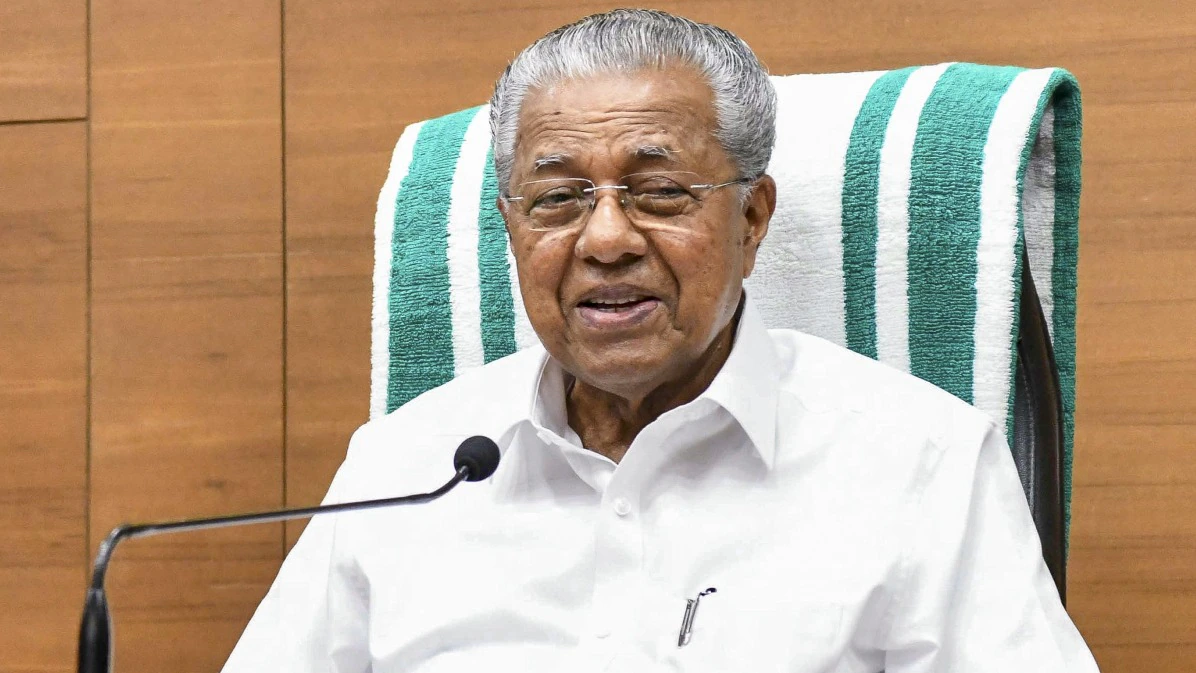Priyal Singh, Mumbai Uncensored, 9th March, 2023:
[1]Vivek Narayan Sharma v. Union of India is a landmark case that examines the question of whether or not the right to access the internet is included in the freedom of speech and expression guaranteed by Article 19(1)(a) of the Indian Constitution.
FACTS:
The petitioner, Vivek Narayan Sharma, filed a Public Interest Litigation (PIL) seeking to declare the Right to access the internet as a fundamental right under [2]Article 19(1)(a) and Article 21 of the Indian Constitution. The petitioner argued that the internet is an indispensable medium for exercising one’s constitutionally protected rights to freedom of speech and expression as well as the right to be informed.
LEADING ARGUMENTS/CONTENTIONS FROM BOTH SIDES:
The petitioner argued that the right to access the internet is an integral part of the fundamental right to freedom of speech and expression and that government restrictions on access to the internet violate this right. The petitioner also argued that the government should not restrict access to the internet. Additionally, he argued that the internet is an important medium for the provision of essential services such as education, healthcare, and others.
The government of India argued that the right to access the internet is not a fundamental right guaranteed by the Constitution of India, and that restrictions on internet access are required to maintain public order and ensure national security.
CASES BOTH PARTIES RELIED UPON:
The petitioner relied on several cases, including the [3]Puttaswamy judgement, which recognised the right to privacy as a fundamental right, and the [4]Shreya Singhal case, which struck down [5]Section 66A of the Information Technology Act, which criminalised certain online speech.
The government relied on the case of Secretary, [6]Ministry of Information & Broadcasting v. Cricket Association of Bengal, which determined that the right to broadcast was not a fundamental right. The [7]Anuradha Bhasin case dealt with restrictions on access to the internet in Jammu and Kashmir.
QUESTION OF LAW INVOLVED:
The main question in this case was whether the Right to Freedom of Speech and Expression under Article 19(1)(a) of the Indian Constitution includes the right to access the internet.
GROUNDS AND OPERATIVE PORTION IN THE JUDGEMENT/CONCLUSION :
The Indian Supreme Court has decided that the right to access the internet falls under the purview of Article 19(1)(a) of the Indian Constitution, which guarantees citizens the right to freedom of speech and expression. The court also stated that any restriction on access to the internet must be in accordance with the law and the procedure that is established by the law, and it must be necessary for the sovereignty and integrity of India, the security of the State, friendly relations with foreign States, public order, decency or morality, or in relation to contempt of court, defamation, or incitement to an offence. The court went on to direct the government to publish rules and regulations for exercising the power to temporarily suspend internet services and held that any order passed to suspend internet services must be written and should be open to judicial review. In addition, the court held that any order passed to temporarily suspend internet services must be open to judicial review.
BIBLIOGRAPHY:
• Anuradha Bhasin v. Union of India, (2020) 3 SCC 637,
• Justice K.S. Puttaswamy (Retd.) v. Union of India, (2017) 10 SCC 1,
• Secretary, Ministry of Information & Broadcasting v. Cricket Association of Bengal, (1995) 2 SCC 161,
• Shreya Singhal v. Union of India, (2015) 5 SCC 1, • Vivek Narayan Sharma v. Union of India, (2021) 7 SCC 1
[1] Vivek Narayan Sharma v. Union of India, (2019) 264 DLT 389 (ILR).
[2] Constitution of India, art. 19(1)(a), art. 21,.
[3] Shreya Singhal v. Union of India, (2015) 5 SCC 1,.
[4] Justice K.S. Puttaswamy (Retd.) v. Union of India, (2017) 10 SCC 1,.
[5] Information Technology Act, 2000, § 66A, No. 21, Acts of Parliament, 2000 (India).
[6] Ministry of Information & Broadcasting v. Cricket Association of Bengal, (1995) 2 SCC 161,.
[7] Anuradha Bhasin v. Union of India is (2020) 3 SCC 637
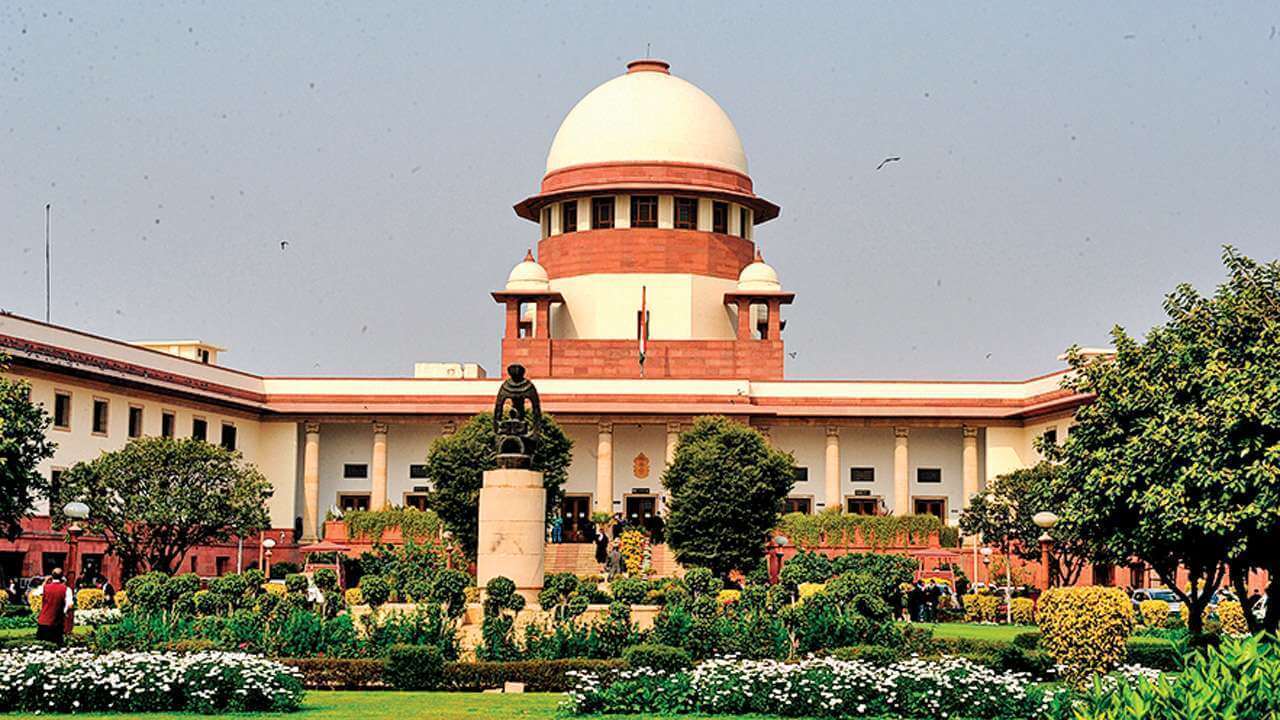




 Health3 weeks ago
Health3 weeks ago


 Special Editions2 months ago
Special Editions2 months ago


 Special Editions1 day ago
Special Editions1 day ago


 Special Editions24 hours ago
Special Editions24 hours ago


 Special Editions1 day ago
Special Editions1 day ago







